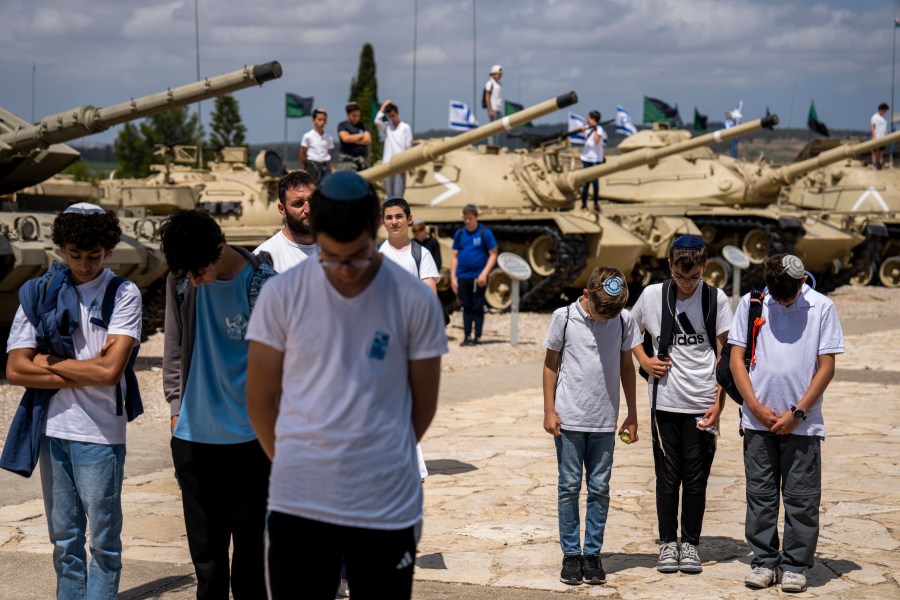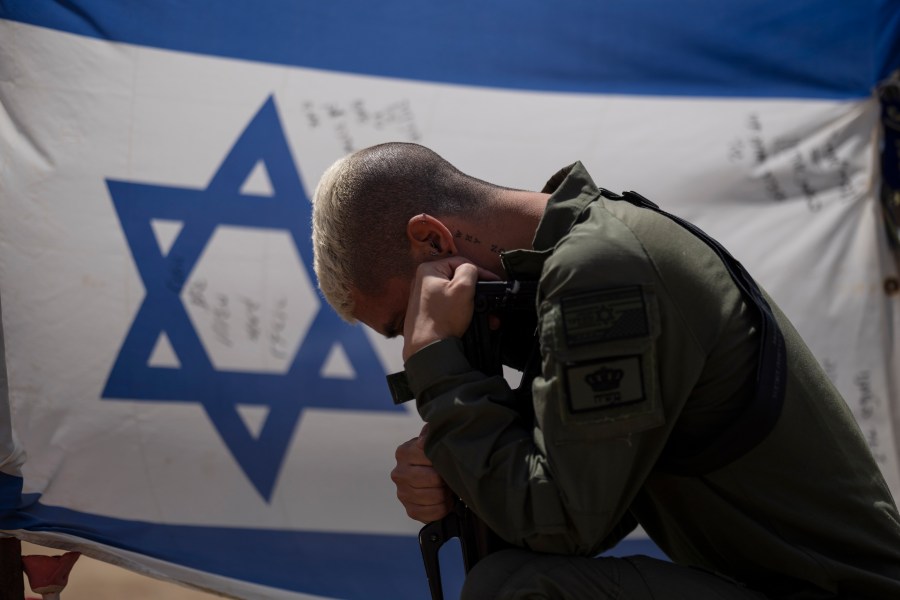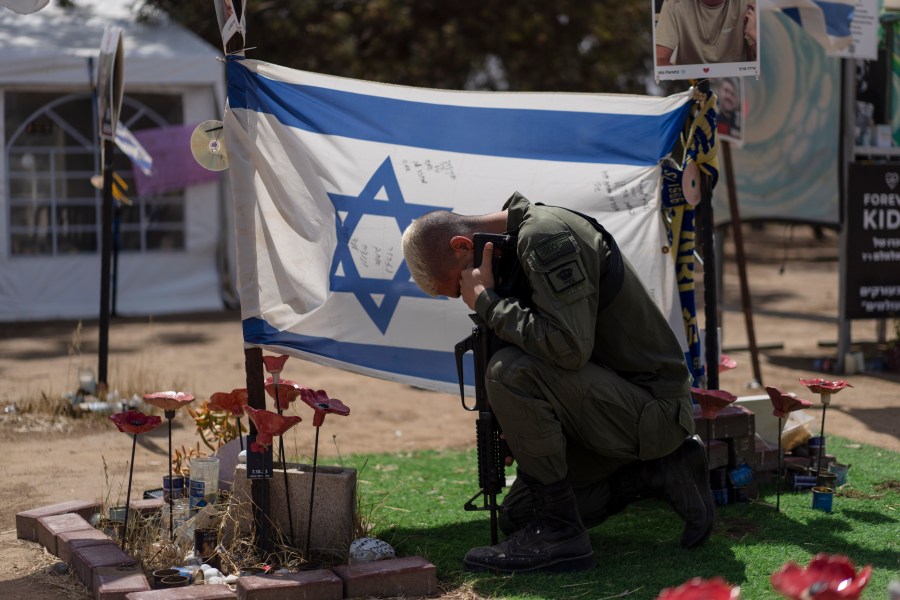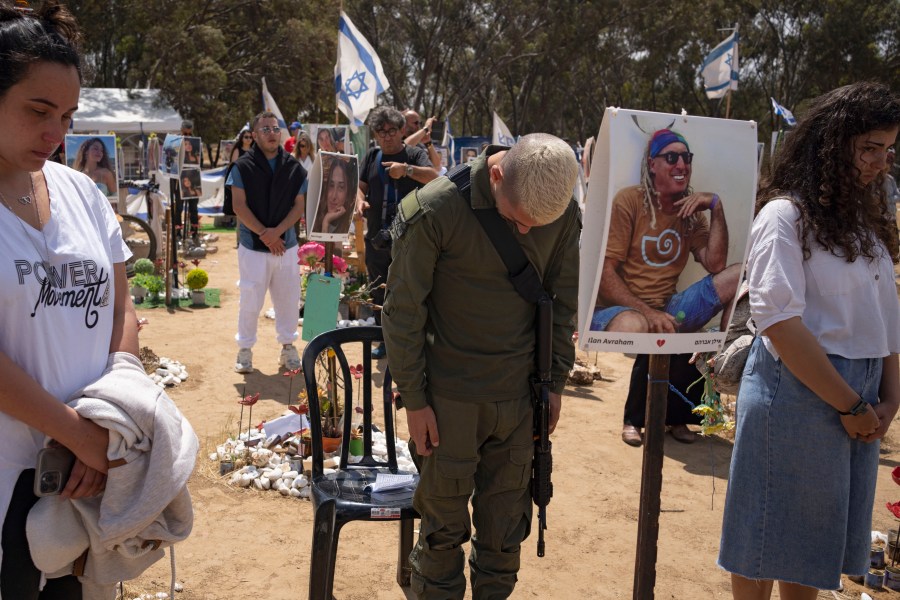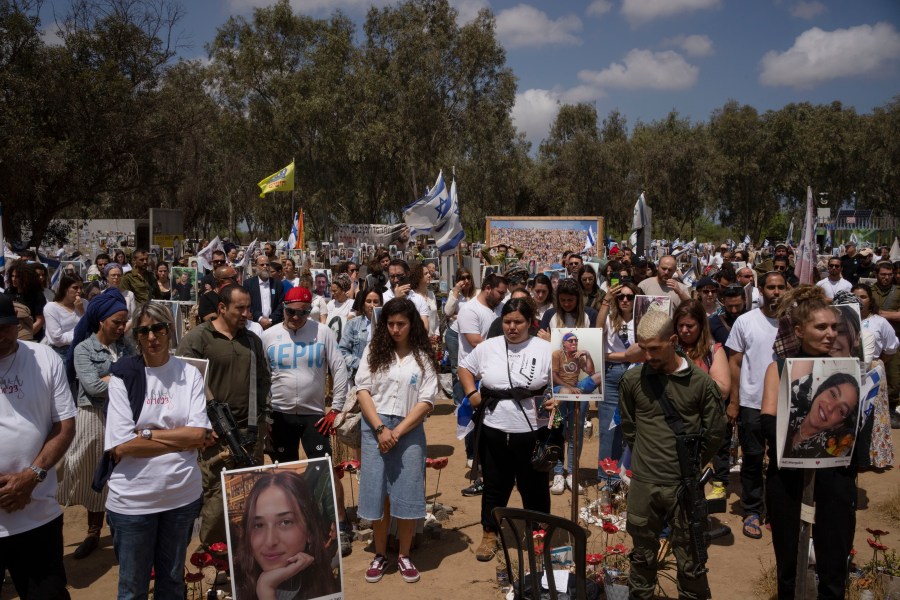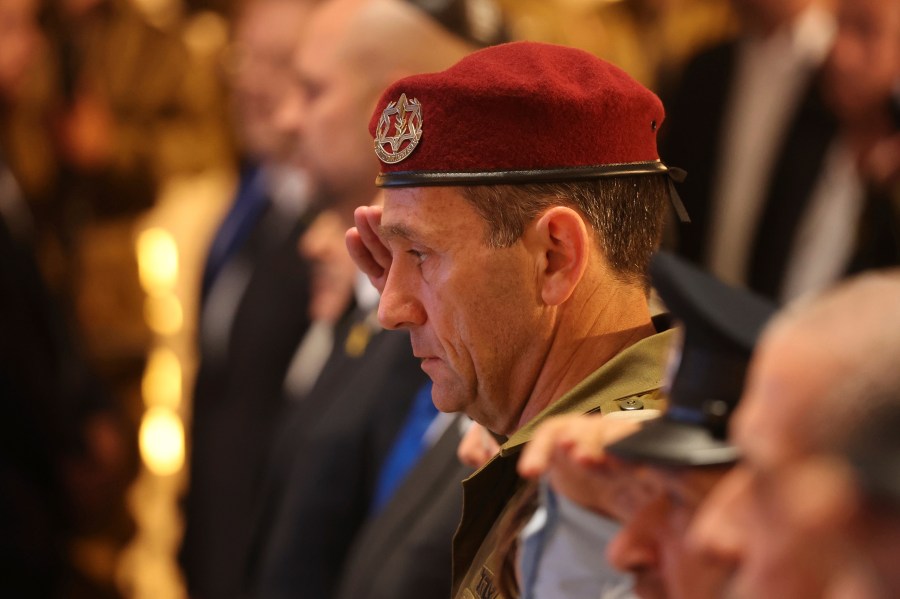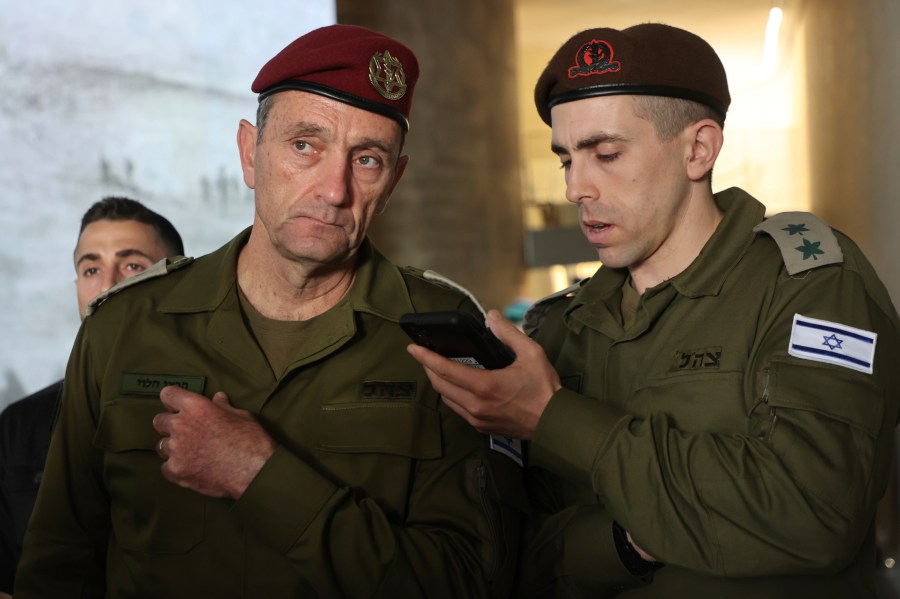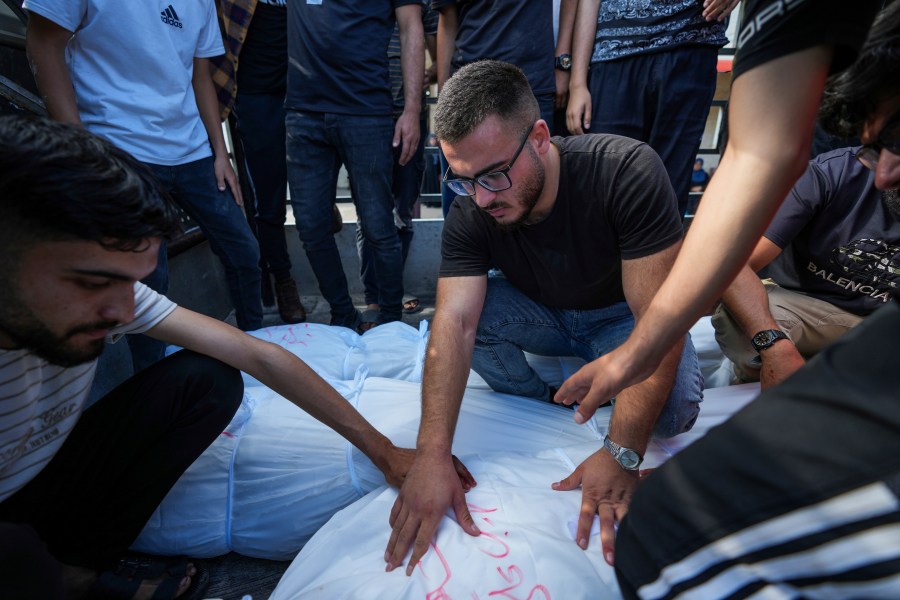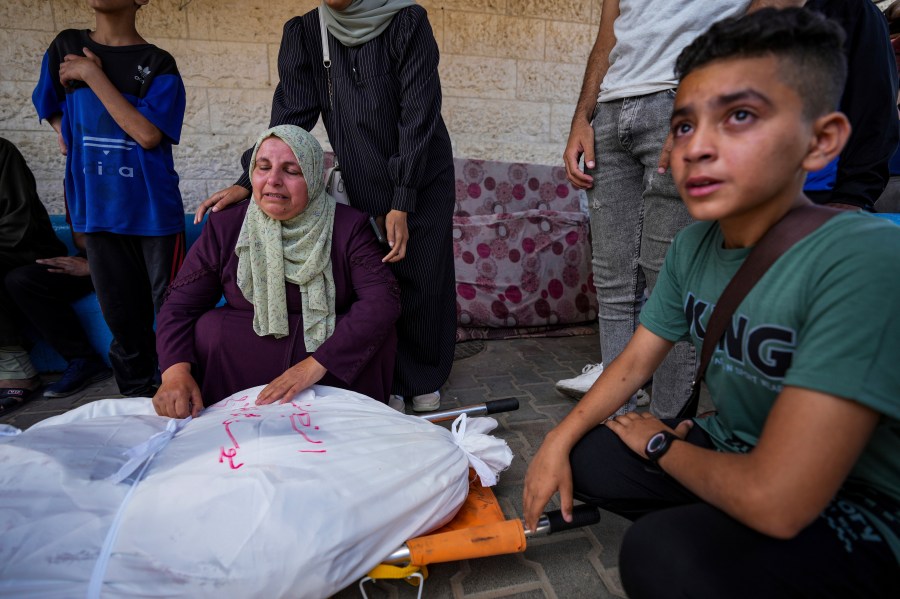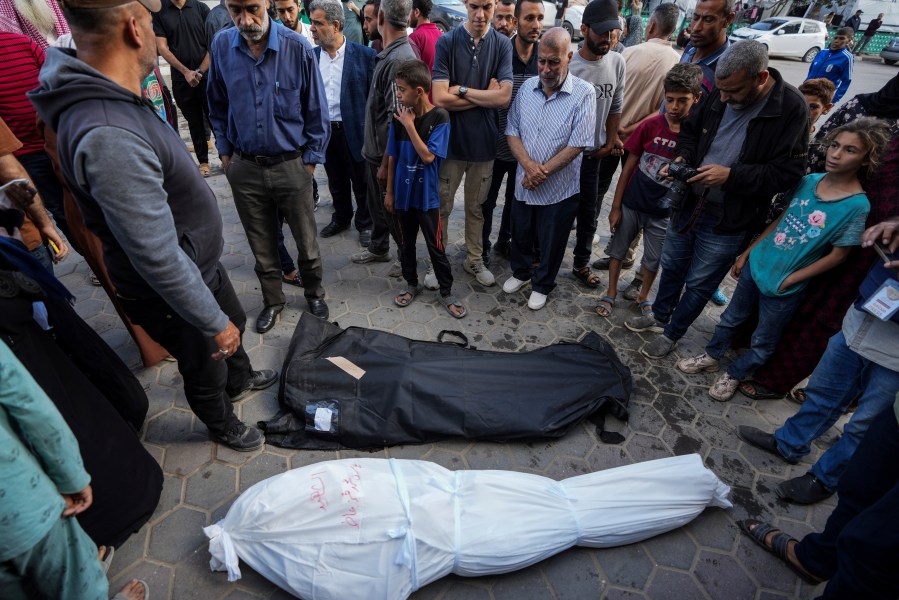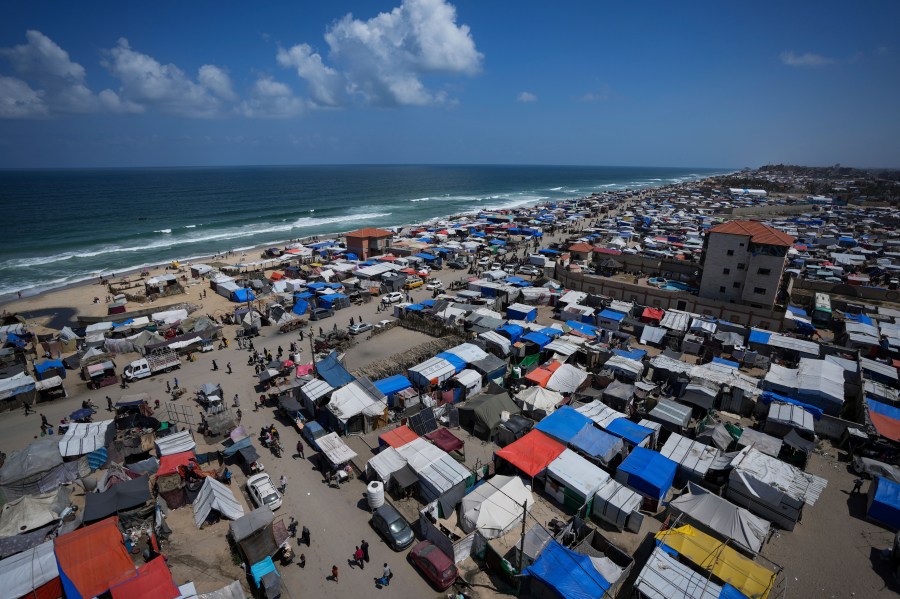Israel focuses on Rafah invasion, issues civilian evacuations
- Hostage families, protesters marked Memorial Day pushing for cease-fire
- IDF moves deeper into Rafah, issued civilian evacuations
- Rafah crossing in south remains closed, new crossing open in western Erez
TEL AVIV, Israel (NewsNation) — Israeli forces are fighting Hamas in central Gaza on Monday as troops move deeper into the southern city of Rafah.
Tens of thousands more Palestinians were ordered to evacuate the city over the weekend. Some 300,000 civilians have already fled, according to United Nations estimates.
Memorial Day in Israel
The movement from the IDF comes as families of hostages and protesters marked Israel’s Memorial Day on Monday by pushing for a cease-fire deal.
At 11:00 A.M., sirens announced two minutes of silence, and a formation of four fighter planes then flew over Jerusalem and the surrounding areas. At a ceremony, Israeli Prime Minister Benjamin Netanyahu vowed once again to defeat Hamas, a promise he has made repeatedly during Israel’s brutal seven-month war with the militant group.
Netanyahu said they would keep fighting in the war until “it defeats Hamas.”
The Israeli Defense Forces operations in Gaza have been expanding on two fronts. At the forefront is the Rafah invasion that Israel has been warning of for months.
Israel’s invasion of Rafah
Israel says Rafah is the last stronghold of the Hamas militant group and vowed to launch a full-scale invasion of the city, but the U.S. says a Rafah offensive would jeopardize cease-fire talks and threatened to halt more military aid to Israel.
Until now, the focus has been on eastern Rafah and the area surrounding the Rafah crossing. New evacuation zones were set closer to the heart of Gaza.
Civilians were seen leaving those areas throughout the weekend. Some 1.4 million Palestinians — over half of Gaza’s population — had sought refuge in the city. The U.N. reported Monday that nearly 360,000 civilians have fled Rafah since the first evacuation order last week.
“We immediately and urgently need safe passage for humanitarian aid and workers,” the U.N. agency insisted.
Hamas fighters regroup in north
The second front in Gaza has been focused on Hamas fighters who have escaped and tried to reform near Jabaliya, which the IDF said it had cleared months ago. The IDF has been conducting air strikes and operating there throughout the weekend.
These developments have given U.S. Secretary of State Antony Blinken concern and doubts about the war.
“We’re seeing parts of Gaza that Israel has cleared of Hamas, where Hamas is coming back, including in the north, including in Khan Younis. As we look at Rafah, they may go in and have some initial success, but potentially at an incredibly high cost to civilians — one that is not durable, one that’s not sustainable,” Blinken said during an interview on CBS “Face the Nation.”
While the Rafah crossing in the south is still closed, a new crossing is opening in northern Gaza in western Erez. Concerns remain from the U.S. and other allies about the amount of aid going in on a day-to-day basis, vowing to up the amount of assistance going into Gaza.
The death toll from the war in Gaza has soared to more than 35,000 people, most of them women and children, according to local health officials. Israeli bombardments and ground assaults have caused vast destruction to apartments, hospitals, schools and refugee centers across several cities.
The war began Oct. 7 when Hamas attacked southern Israel, killing around 1,200 people, mostly civilians, and abducting about 250 others. Israel says militants still hold around 100 hostages and the remains of more than 30 others.
The Associated Press and Reuters contributed to this report.





